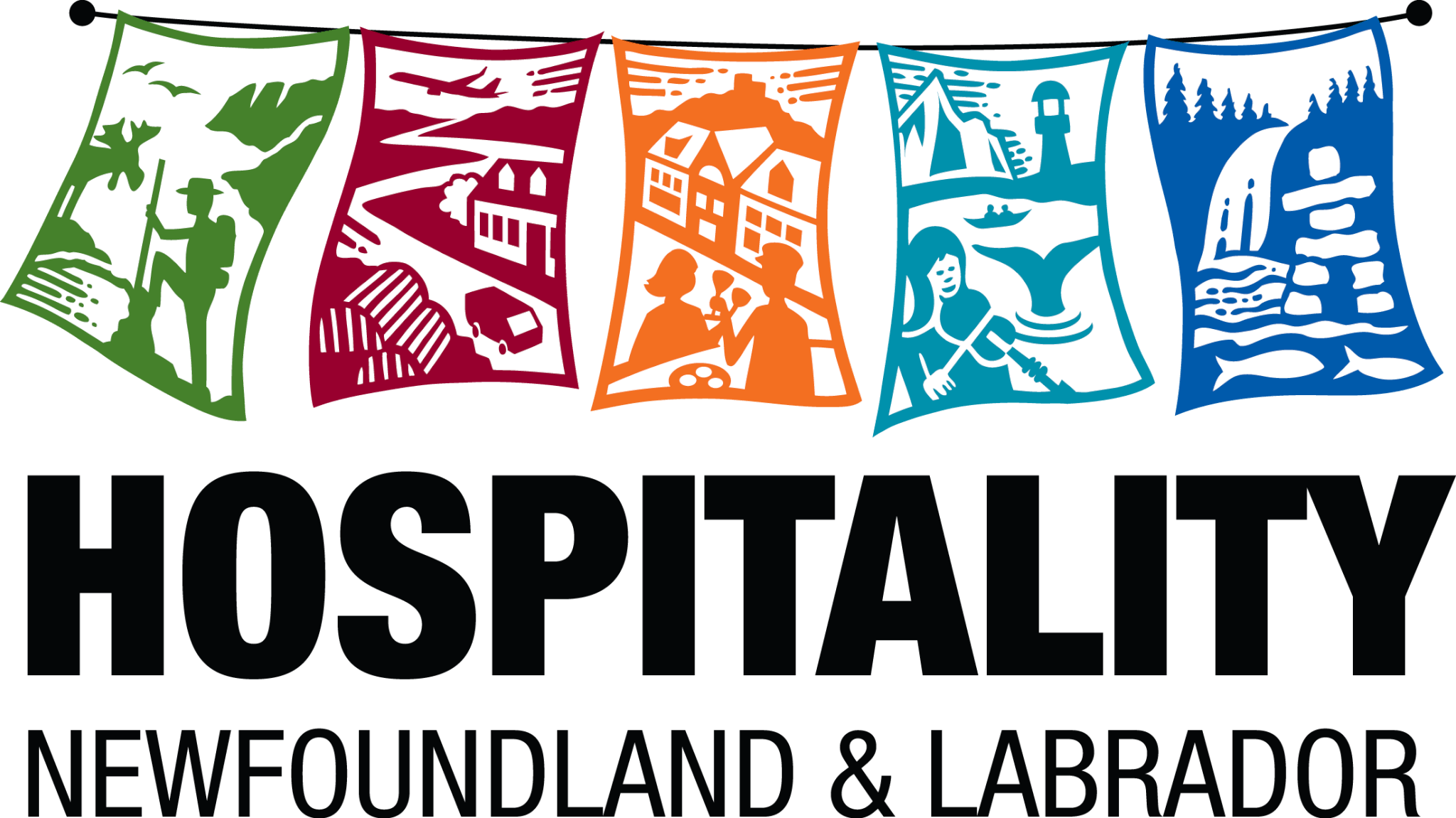Breaking News: New Regulations Announced for the Tourist Accommodations Act
By Craig Foley
| This afternoon the Government of Newfoundland & Labrador proclaimed the new Tourist Accommodations Act (TAA) and Regulations, allowing for a level playing field between traditional tourism accommodations and short-term rental businesses. Without the requirement of proper licensing, approvals, taxation, and insurance, unregulated accommodators have had a significant unfair advantage in the industry and have often been able to pass those cost savings on to the consumer, adding to their appeal in the market. This lack of regulation has posed potential health and safety risks and threatened the hard-earned reputation of Newfoundland and Labrador’s tourism industry. What’s included in the Tourist Accommodations Act regulations? The new TAA requires all accommodations to be registered with the Department of Tourism, Culture, Arts and Recreation, including all short-term rentals. The previous licensing system for accommodations businesses has been replaced by a registration system. The Canada Select rating system is no longer in effect. Short-term accommodations in the province will be required to comply with applicable municipal and provincial regulations, including the requirement for fire inspections and taxation. Operators will be able to apply to the Department for their registration number through self-attestation. This registration number will be required for listings on third-party platforms such as Airbnb and VRBO. There will be a period of 12 months for all accommodators to become compliant. Failure to comply with the new requirements as of March 31, 2024 could result in financial penalties as offences will carry a minimum fine of $250 with a maximum fine of $2,000. Primary residences are not required to register if the owner or lessor resides in the residence while it is a tourist accommodation. How does this affect traditional accommodations operators? Any accommodations currently licensed by the provincial government will be automatically registered. All others will have to register by March 31, 2024. In the case where an operator has applied for a licence but it has not yet been issued, it will be considered an application for registration. Hospitality NL’s reaction Hospitality NL is pleased that all short-term accommodations must be registered by the same criteria as traditional accommodations. “This a good day for the Newfoundland & Labrador tourism industry,” said the Chair of Hospitality NL, Deborah Bourden. “Hospitality NL has long been advocating for a level playing field for all short-term rental businesses, and we are optimistic these new regulations will strengthen and unite our industry and improve the visitor economy.” Non-traditional accommodations offer diverse experiences to the traveling public – perhaps even in areas where traditional accommodations do not currently exist. Hospitality NL welcomes short-term rental operators to the tourism community and invites them to join our membership, where they can benefit from our work in advocacy, skills & knowledge training, and networking. “Tourism is a professional industry, one which generates significant contributions to the Newfoundland & Labrador economy,” said Craig Foley, CEO of Hospitality NL. “With all short-term rental businesses registered under the Tourist Accommodations Act, this will bolster the tourism industry, support overall marketing efforts, and provide opportunities for municipalities through taxation.” What’s next? The principles put forth by Hospitality NL are addressed, however; we will continue to work with the province and municipalities as this is implemented. We will also work with Municipalities NL to enable municipalities to regulate short-term rentals. As we work through this process, there are opportunities for Hospitality NL to advocate for improvement. Hospitality NL will continue to provide updates on the Tourist Accommodations Act as they develop. |
